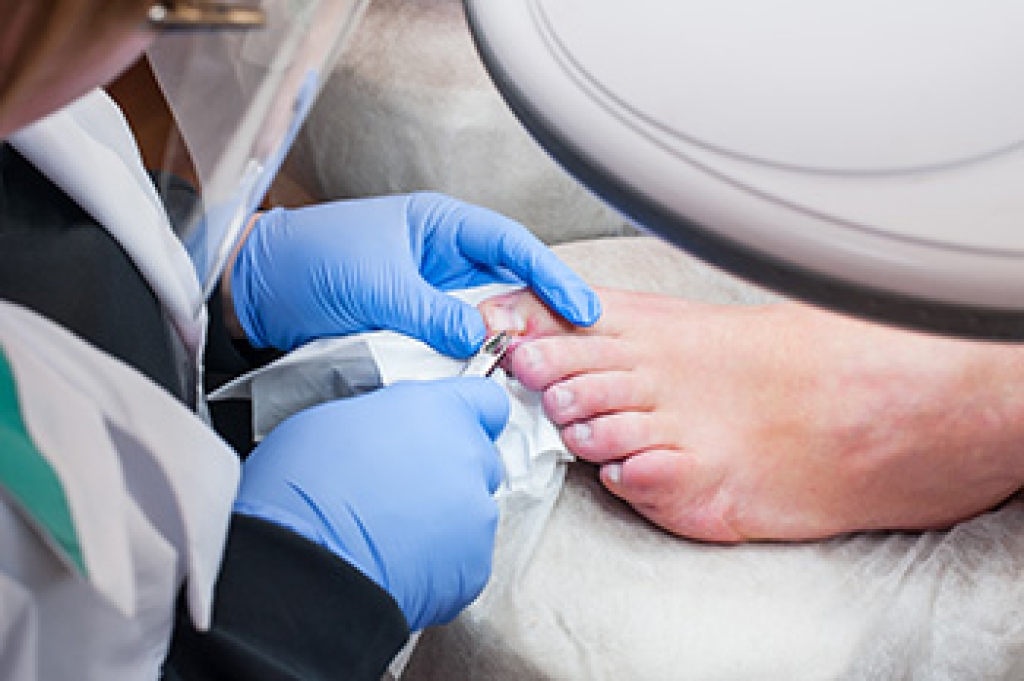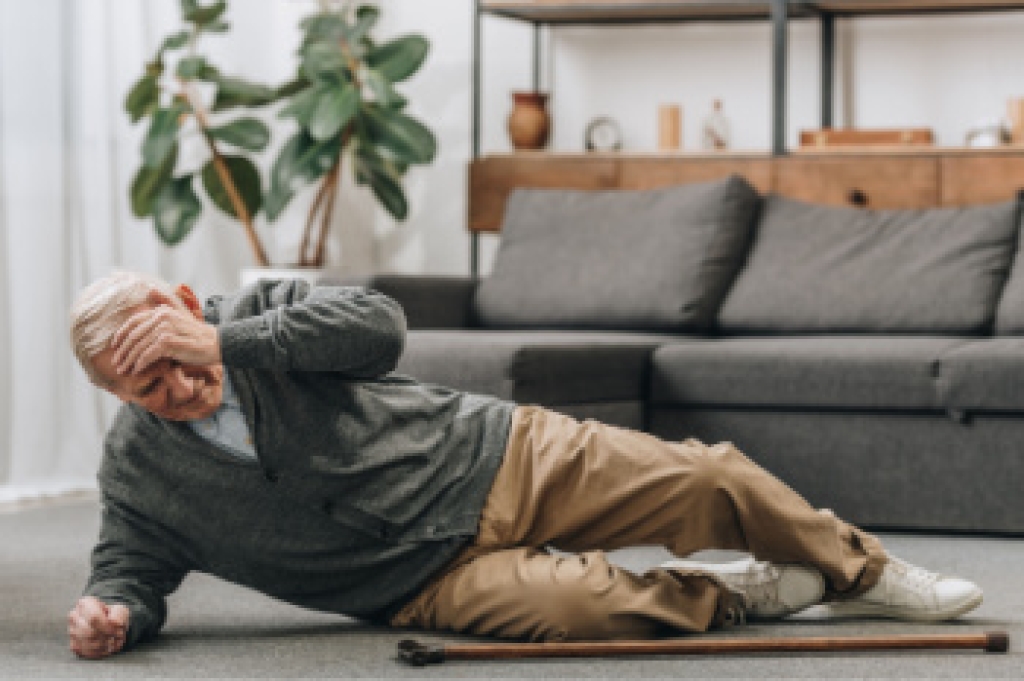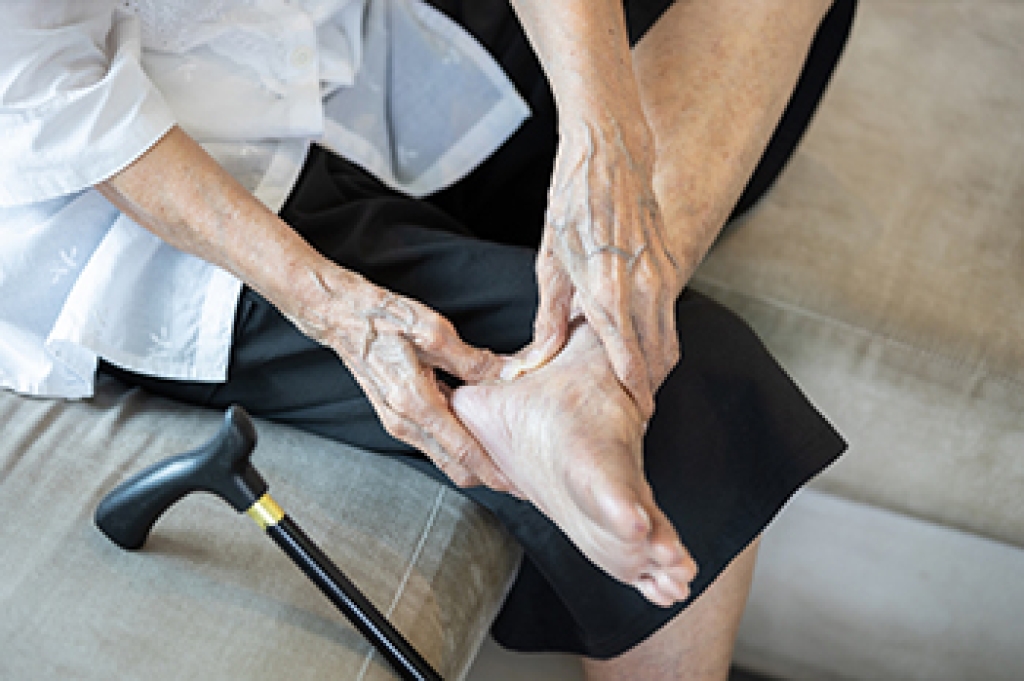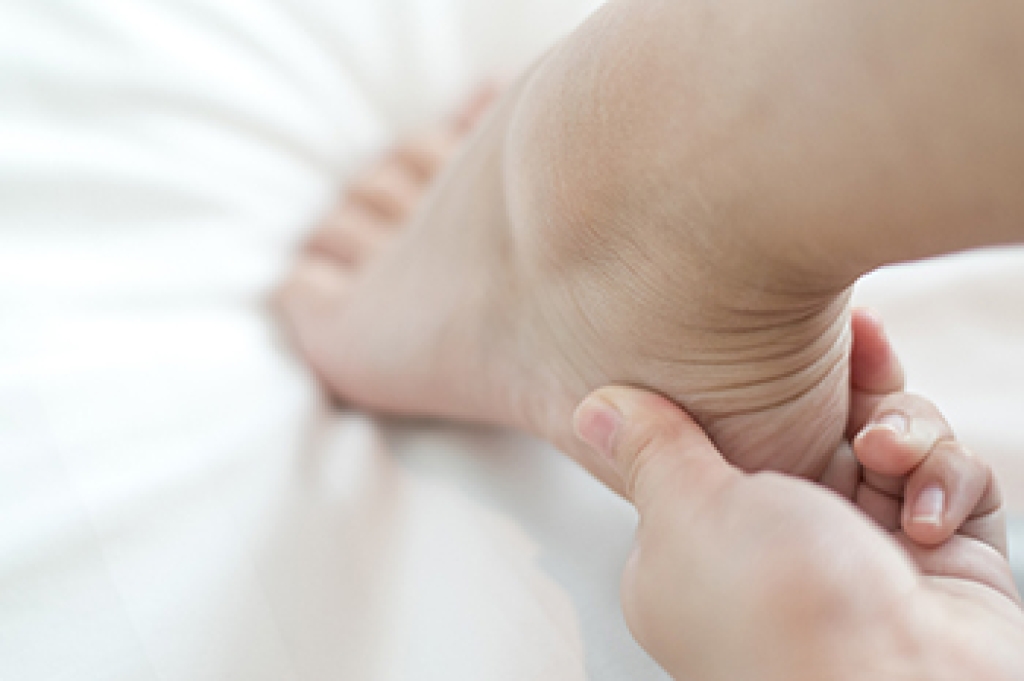
Ingrown toenails occur when the edge of the nail grows into the surrounding skin, causing pain, redness, swelling, and sometimes infection. When conservative treatments fail or the condition is severe or recurrent, ingrown toenail surgery may be needed to remove part or all of the affected nail. This procedure relieves pressure, lowers infection risk, and helps prevent the problem from returning. A podiatrist can determine if surgery is necessary, perform the procedure safely, and provide aftercare instructions to promote healing. They can also offer guidance on proper nail trimming and footwear to reduce recurrence. Ingrown toenails can be painful. If you have this condition, it is suggested that you are under the care of a podiatrist who can offer effective treatment solutions, which may include minor surgery for removal.
Foot surgery is sometimes necessary to treat a foot ailment. To learn more, contact Mindy J. Trotter, DPM, CWSP of Georgia. Our doctor will assist you with all of your foot and ankle needs.
When Is Surgery Necessary?
Foot and ankle surgery is generally reserved for cases in which less invasive, conservative procedures have failed to alleviate the problem. Some of the cases in which surgery may be necessary include:
- Removing foot deformities like bunions and bone spurs
- Severe arthritis that has caused bone issues
- Cosmetic reconstruction
What Types of Surgery Are There?
The type of surgery you receive will depend on the nature of the problem you have. Some of the possible surgeries include:
- Bunionectomy for painful bunions
- Surgical fusion for realignment of bones
- Neuropathy decompression surgery to treat nerve damage
Benefits of Surgery
Although surgery is usually a last resort, it can provide more complete pain relief compared to non-surgical methods and may allow you to finally resume full activity.
Surgical techniques have also become increasingly sophisticated. Techniques like endoscopic surgery allow for smaller incisions and faster recovery times.
If you have any questions, please feel free to contact our office located in Peachtree City, GA . We offer the newest diagnostic and treatment technologies for all your foot care needs.




